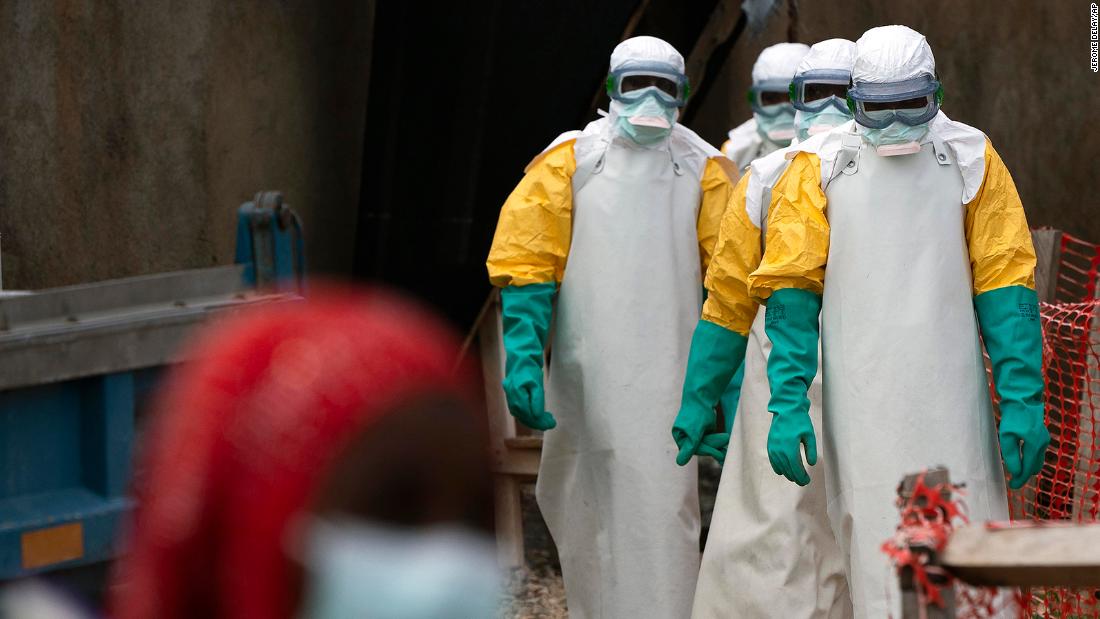
The woman was found with symptoms of the virus in the city of Biena, near the city of Butembo, on February 1, and died in hospital on February 3. She was married to a man who contracted the virus in a previous outbreak.
“The provincial response team is already working hard. It will be supported by the national response team that will visit Butembo soon,” the ministry said in a statement.
The World Health Organization (WHO), which supports response efforts, says it has tracked more than 70 women’s contacts. The places he visited are also disinfected.
It is not yet clear whether this case marks the beginning of a new outbreak or whether it is a manageable eruption compared to the last one. The woman’s samples were sent to the capital Kinshasa to confirm the connection with the previous outbreak.
“It is not uncommon for sporadic cases to occur as a result of a major outbreak,” the WHO said in a statement. He added that WHO epidemiologists are investigating on the spot, but that emergency response efforts have been hampered by continued insecurity in the region.
The emergence of several cases could complicate efforts to eradicate Covid-19, which has infected 23,600 people and killed 681 in the DRC. A coronavirus vaccination campaign is expected to begin in the first half of this year.
However, an Ebola vaccine and a well-drilled health system mean that the country is better placed than ever to deal with outbreaks, even in urban areas. Ebola has a much higher mortality rate than Covid-19, but unlike coronavirus it is not transmitted by asymptomatic carriers. And the lessons learned from fighting these multiple outbreaks have helped efforts to stop the spread of coronavirus, experts say.
A recurring problem
Ebola virus disease can cause fever, headache, muscle aches, vomiting and diarrhea, among other symptoms. It is transmitted by contact with either infected animals or the body fluids of infected people.
The equatorial forests of the DRC have been a breeding ground for Ebola. The disease killed nearly 2,300 people between 2018 and 2020, in the second largest outbreak of Ebola in the world.
The country has seen 11 outbreaks since the virus was first discovered near the Ebola River in the DRC in 1976 – more than double that of any other country.
In addition, ongoing militia violence in the northeast, including attacks on health centers, has claimed the lives of residents and health workers. Nearly one million people have been forced to leave their homes in 2019 alone, the UN agency said, making access to health care and prevention even more difficult.